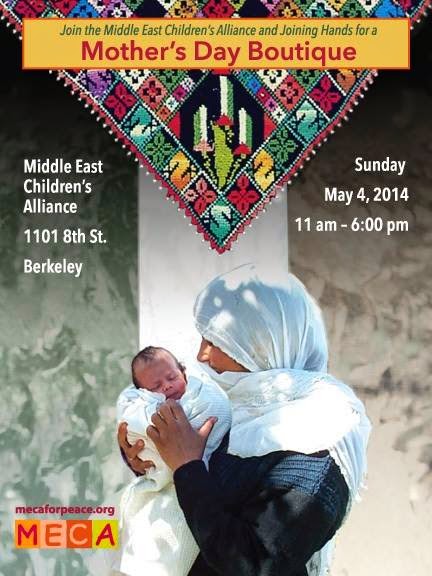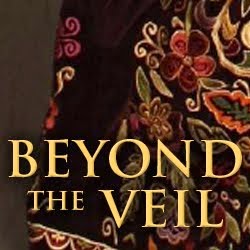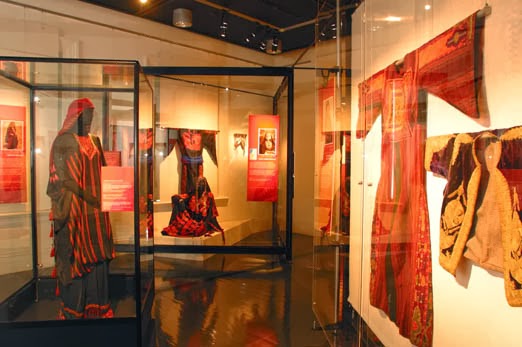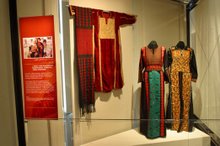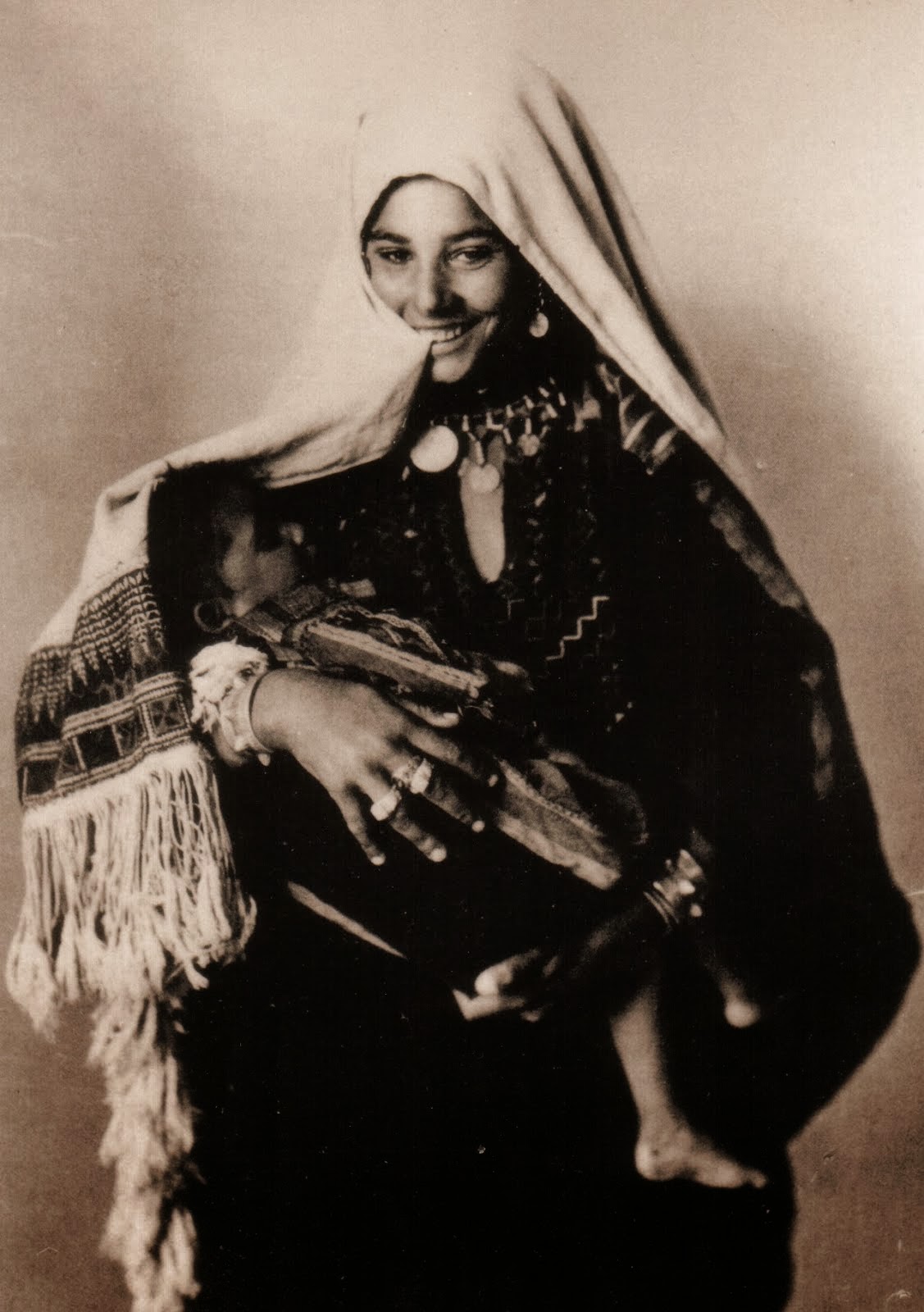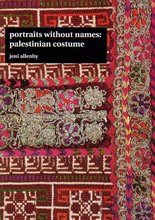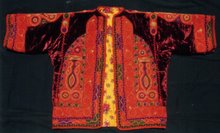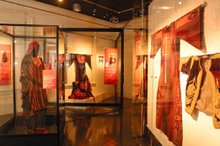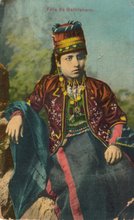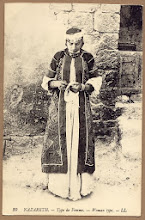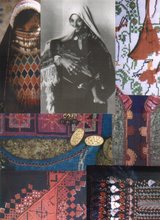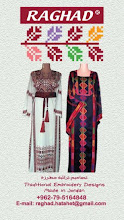(Megan Dodds, London)
"I have been in Palestine for two weeks and one hour now,
and I still have very few words to describe what I see ...
You just can't imagine it unless you see it. And even then
your experience is not at all the reality . . . [due to] of course,
the fact that I have the option of leaving"
Rachel Corrie, Gaza Strip 2003
and I still have very few words to describe what I see ...
You just can't imagine it unless you see it. And even then
your experience is not at all the reality . . . [due to] of course,
the fact that I have the option of leaving"
Rachel Corrie, Gaza Strip 2003
"I have been back in Gaza two weeks now ... it's impossible to
describe what I'm seeing ... I dream of escaping [home] but you
just somehow have to survive so you can provide witness to others"
Jeni Allenby
Palestine Red Crescent Society, Gaza City 2000
describe what I'm seeing ... I dream of escaping [home] but you
just somehow have to survive so you can provide witness to others"
Jeni Allenby
Palestine Red Crescent Society, Gaza City 2000
PalCast recently reminded us that Rachel Corrie's words are again causing controversy:
"Voice of America reports on the controversy over the play “My Name Is Rachel Corrie” at the Contemporary American Theater Festival in Shepherdstown, West Virginia. This program was produced by the Voice of America for July 23, 2007"Click here to play.
Which again reminds us here at the Palestine Costume Archive, of the power of Rachel Corrie's words.
The best place to read about the evolution - and ongoing controversy - of Rachel's words is at the website of the same name and at the Rachel Corrie Foundation, both of which document each attempt to stage My Name is Rachel Corrie. We are sure none of our readers need to be reminded of Rachel's fate, but in case you are not familiar with the play, My Name is Rachel Corrie was created by British actor/director Alan Rickman and journalist Katherine Viner (The Guardian) who composed a 90-minute monologue from Rachel's letters home, e-mails and journal entries while living in the Gaza Strip with a Palestinian family.
That a journalist and an actor / director ("the terrorist in Die Hard” we read with amusement in one review) came together to produce such a play is a wonderful story in itself. Alan Rickman has said, re devising the play:
"I first read Rachel's emails in The Guardian in March 2003. They were so vibrant that they kind of demanded to be read out loud. I took them to Ian Rickson [the Artistic Director of The Royal Theatre] which then lead to a meeting with Rachel's parents, Elyse Dodgson and Katherine Viner. Ian then took a big brave jump and said "alright, I'll do it". Almost a year later, we got the 187 page document which contained many of Rachel's journals, letters and poems which had been typed up very bravely by Rachel's sister Sarah Corrie ...You can purchase the script of My Name is Rachel Corrie via Amazon.com if you'd like to read it, or even stage it.
"My biggest challenge was that Rachel's words were not written to be staged. We had to create a kind of narrative and progression so that you could feel her mind alive and changing and growing..."
The play had a very successful run in Britain, premiering at London's Royal Court Theatre, with an award-winning, sold-out run, before transferring to the West End. It was nominated for an Olivier Award, and won the best new play prize at the Theatregoers' Choice Awards in London. The Guardian observed: "theatre can't change the world. But what it can do, when it's as good as this, is to send us out enriched by other people's passionate concern".
Perhaps theatre CAN change the world - at least for Palestinians who rarely have a public voice. Rachel's parents, who wrote a wonderful post after seeing the play, immediately recognized that:
"Theater can reach people in a different and deeper place than reading a news article or listening to a speech: there is an emotional aspect that for some people can be more long-lasting and motivating.
"The play ... is not just about how Rachel died, even if that is why she is known and remembered. It also illuminates her humanity, tracing her evolution from typical teenage self-exploration through to her search for a political voice.
"Clearly, our daughter has become a positive symbol for people. Her story and her words seem to motivate others to do something..."

My Name is Rachel Corrie
(Megan Dodds, London)
Getting it staged in the US was of course more of a problem. Controversy dogged the production (see PalCast above) as Eleanor Clift noted in Newsweek:
"the play opened in Shepherdstown, W.Va., in July amidst much consternation over how it would be received. The Contemporary Theater Arts Festival housed at Shepherd University is the brainchild of producer-director Ed Herendeen, and he stood his ground in the face of the uproar. One board member resigned, but fears that the controversy would hurt ticket sales proved unfounded"This is typical of pretty much every North American production. Interestingly, the experiences of organizers echo those of the Archive: if you can just wade through the controversy and get the damn play / exhibition / film / Palestinian whatever up on front of the public, then public response is usually excellent. But you have to really respect Alan Rickman and others involved with the production, for giving it a try.
Brian Clover, in his terrific review of the play wrote:
"Alan Rickman and Katherine Viner have subtly devised the play from Rachel's own writings and what we have here, as far as one can tell, is her truth. And what a writer she was! What a career she could have had ...Well, actually there is one. Because Rachel Corrie's words have inspired more than one play.
"This is what the theatre is for. Now we need a play about the man who drove the bulldozer: I suspect that's what Rachel would have wanted..."
In Australia Henry di Suvero utilized Rachel's words as the backbone for his play The Ballad of Rachel Corrie, the second in his Palestinian trilogy, which opened at the Belvoir Theatre in Sydney in 2005. Several Archive staff attended.
We also attended the opening of de Suvero's first play, Crescent Moon, Yellow Star, which begins with the delightful concept of Israeli Prime Minister Ariel Sharon arriving in hell. 'An impressive writing debut by de Suvero ... who largely steers clear of the polemic that such subject matters can stir", observed Gary Smith in the Daily Telegraph, "it is undoubtedly a controversial and brave work that has already ruffled the attentions of some interested parties". It certainly did. Di Suvero writes of his trilogy:
"My first play really asks the question: why do the Palestinians have to keep on paying for the Holocaust? This play moves on and asks: what is the utility of non-violence? The third play, which is about refuseniks [not yet staged but shortlisted for the 2005 National Playwrights Competition] asks the question: where are the good Jews today?"Di Suvero is well aware these are tricky issues, but he doesn't believe theatre should be an entirely comfortable experience:
"Some of what passes as political theatre these days is really museum theatre," he says. "[Sydney Theatre Company artistic director] Robyn Nevin used this term 'difficult plays', saying: 'We can't program for difficult plays.' So they'll do Brecht or Shaw and then struggle to find a contemporary reference."Di Suvero acknowledges the realities of putting on "difficult plays":
"a sponsor would never touch a play like this ... I want to change people's minds. I want to see people change their perception of Palestinians," he says. "A lot of plays will depict victims and say: 'Look how horrible this is.' It isn't enough just to say it's awful, to think: 'It's in the past and in a far away place.' I want people to think, 'Well, what are we gonna do now?"'Along with organizers of My Name Is Rachel Corrie, here at the Archive we certainly agree with him about the difficulty of getting sponsorship for Palestinian issue / cultural productions (we can't remember the last time the Archive had an exhibition sponsor!). After Rachel's death di Suvero found himself "horrified. Just absolutely horrified", then started writing:
"The focus of the play for me is: what is the utility for using non-violent protest against a ferocious Israeli machine? Her life and death symbolised that"Di Suvero presents Rachel's words - to great effect - within a partially fictionalized story of two families, one Israeli (the fictional "Cohens") and one American (Rachel Corrie and her parents), who's fates become tragically intertwined when the Israeli girl is called up to reserve duty and given the task of driving a bulldozer. If Brian Clover is right - in saying "what Rachel would have wanted [is] a play about the man who drove the bulldozer" - it would be interesting to see her response to this play. The identity (and sex) of the bulldozer driver who killed Rachel remains a mystery to the public, but in The Ballad of Rachel Corrie Di Suvero presents a provocative hypothosis, juxtaposing the similarities and differences of the two families, and of the two young women at the centre of his story.
This story line also deflects the "one side only" criticism leveled at My Name is Rachel Corrie. Although of course the play came under heavy fire, mostly from people who'd not seen it. Zionists especially enjoyed producing "ballads" and rhymes mocking the title of Di Suvero's play as well as Rachel herself. Here's an example we preserved for posterity in the Archive's library, by "Dave S" ("There once was a moonbat named Corrie, whose bromides were tired and hoary. She got squished by a dozer for media exposure Now her flattened ass looks pretty sorry ... The bint, she started burning flags, She cursed and spit and screamed But thanks to the folks at Caterpillar Corp, she was folded, pressed and steamed"). We practice all religions here at the Archive, but when we read things like these "ballads" we especially like to believe in the concept of karma. Oh, and the Buddhist concept of many thousands of hells....
Rachel Corrie's parents gave their permission for The Ballad of Rachel Corrie to be staged. The Sydney production was not perfect, but it had a profound effect on audiences. Archive staff often took part in discussions after the play. While it has not been staged since 2005, the script is available on OzScript where it can be accessed by secondary and tertiary students as well as amateur theatre companies.
Di Suvero and the actors who played the Cohens recorded an interview with Rebecca Henschke on SBS Radio about the production. Click below if you'd like to hear more.
Di Suvero anticipated some flack from the play, but he probably got off lightly compared to some of the pastings My Name is Rachel Corrie has garnered in North America, especially when New York and Toronto performances were postponed and / or canceled in 2006, triggering alarms about artistic censorship and intolerance. When the New York Theater Workshop indefinitely delayed its U.S. debut - the theatre citing sensitivities in the Jewish community in an “edgy” period of escalating Israel-Palestine tensions - Nobel playwright Harold Pinter and others angrily accused the theater of bending to pressure from hard-line supporters of Israel. Alan Rickman called it "censorship born out of fear". In Toronto, CanStage faced pressure from some of it's board members:
"not to alienate Toronto's Jewish community. While admitting he has neither read nor seen the script, CanStage board member Jack Rose said, "My view was it would provoke a negative reaction in the Jewish community." Philanthropist Bluma Appel, after whom CanStage's flagship theater is named, concurred. "I told them I would react very badly to a play that was offensive to Jews," she said".This kind of censorship led supporters of Rachel Corrie, including her mother Cindy, to ask "why are people afraid of Rachel's words ... and how can we work together to ensure they are heard". The resulting Rachel's Words initiative:
"is intended to be a broad spectrum of groups and individuals who believe that Rachel?s words and her message of human rights and justice should be heard. We hope that Rachel?s Words will open the door for other equally important and silenced voicesWhen the play finally opened in New York it was to mixed, sometimes savage, reviews. One of our "favorites" is by Wall Street Journal's reviewer Terry Teachout, who wins the Archive's Most Tasteless Headline of 2006 Award with his title "Bulldozed by Naivete: terror advocate dies in accident. Atrocious drama ensues".
"We resist the pervasive climate of fear and challenge to free speech that is increasingly prevalent in our society. Rachel wrote about issues that concern us all. People must have the opportunity to hear her message and decide for themselves what they think."
And it just keeps getting worse from there:
"Politics makes artists stupid. Take "My Name Is Rachel Corrie," the one-woman play cobbled together from the diaries, emails and miscellaneous scribblings of the 23-year-old left-wing activist who was run over by an Israeli Army bulldozer ... It's an ill-crafted piece of goopy give-peace-a-chance agitprop--yet it's being performed to cheers and tears before admiring crowds of theater-savvy New Yorkers who, like Mr. Rickman himself, ought to know better.We spent an interesting ten minutes listing the words Teachout uses to describe the production ("incoherence", "crude" "blatant") as well as Rachel ("unattractive in the extreme, albeit pathetically so. Whimsical, humorless and--above all--immature" ... "prattling away like a baby robot").
"So why don't they? Because Palestine is the new Cuba, a political cause whose invocation has the effect of instantaneously anesthetizing the upper brain functions of those who believe in it..."
Hard to believe this is the same "Rachel" about whom The Guardian reviewer wrote "you feel you have not just had a night at the theatre: you have encountered an extraordinary woman", or the Daily Telegraph, a "powerful, thought-provoking and deeply moving piece of theatre"!
Since then the play has staged in Scotland, in Seattle, in Shepherdstown, West Virginia (see PalCast above) and even a one off performance in Silver Spring, Maryland. After Seattle, a new website Rachel Corrie Facts was created to provide information and context to balance to what many perceive as a "one-sided, anti-Israel diatribe." But while critics continue to argue the play shows only one side, as Bruce Bramsey pointed out in the Seattle Times:
"[so] did the 1960 movie “Exodus,” which I saw as a kid. It told the Israeli side only, and in Paul Newman, put an American face on that side. For years, it was the only side Americans could see. The Palestinian side never had an American face. Now it does. It is a female face, an unthreatening face. Rachel’s face"And this is such a powerful truth.
Enough Archive staff are mothers to know what Rachel Corrie's mother means, when she speaks of sometimes wanting to reclaim her daughter. But for as long as she wishes to share her daughter's memory with Palestinians, we thank and honor her. For Rachel's words continue to resonate worldwide in a way that our own words cannot. Her name (now the name of countless Palestinian new born girls) is evoked by those who speak out honestly, from Susan Sontag (when she presented the Rothko Chapel Oscar Romero Award to Ishai Menuchin of Yesh Gvul) to Israeli conscientious objectors. Rachel's name and words - and the words, the songs, the plays, the articles she inspires others to produce - create controversy, focus attention, encourage the possibility of dialogue ... and hope.
May Rachel Corrie continue to inspire artists, writers, musicians, children, mothers ... may hope endure.

References and resources:
Misha Bernson "Controversy follows "Corrie" to Seattle stage" Seattle Times
Julian Borger "Rickman slams "censorship" of play about US Gaza activist" The Guardian 28 Feb 2006
Eleanor Clift "Grief crosses all boundaries" Newsweek
Sunanda Creagh "Rachel's fate stoked the embers" Sydney Morning Herald 26 Oct 2005
Henry di Suvero The Ballad of Rachel Corrie and Crescent Moon, Yellow StarHenry di Suvero - interview with Rebecca Henschke on SBS Radio
Rachel Corrie Foundation
Rachel's Words
Phan Nguyen "Mother Jones Smears Rachel Corrie" Counterpunch
Alan Rickman - My Name is Rachel Corrie
Alan Rickman and Katherine Viner My Name is Rachel Corrie
Gary Smith, The Daily Telegraph, Jan 24, 2005
Terry Teachout "Bulldozed by Naivete: terror advocate dies in accident. Atrocious drama ensues" WSJ


![[IMG_1806.JPG]](https://blogger.googleusercontent.com/img/b/R29vZ2xl/AVvXsEhZlTIDMifIj_pGsvYlyu4k45myKDdmL2ACiAMIWSHDhG3MsIz2LVVWcGPQqE67G_kz5FxNmx6R4bFsvL3zLM9-BgEoPahORajYeFERsIgL2rN1t-8ux6qBYQ-s0gU0f6ycMNiZIwvYjnaS/s1600/IMG_1806.JPG)
